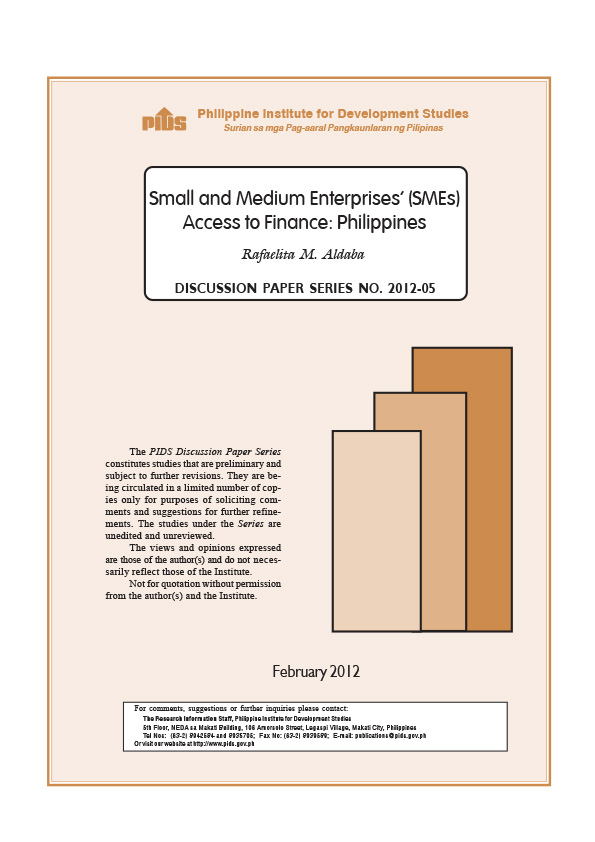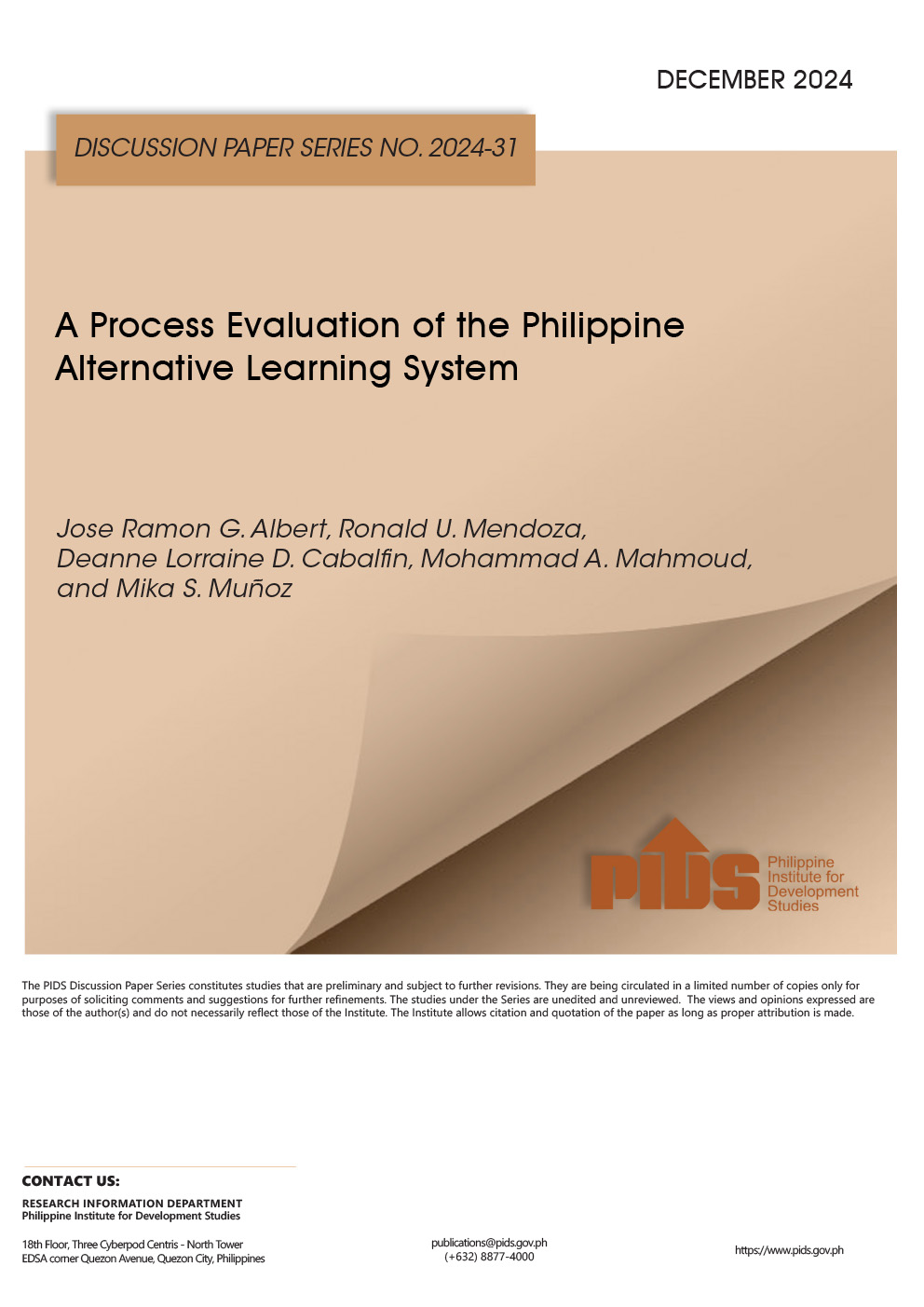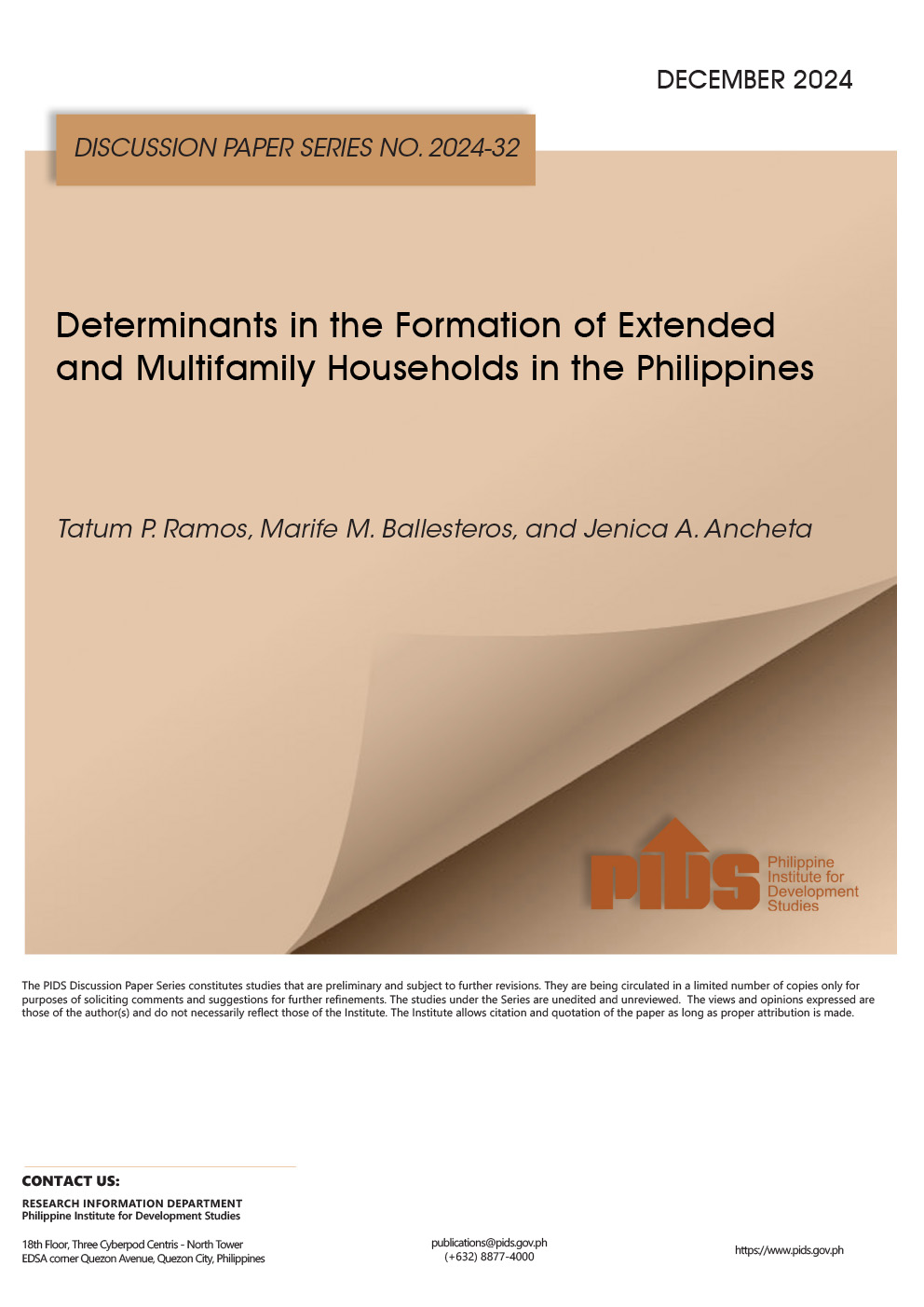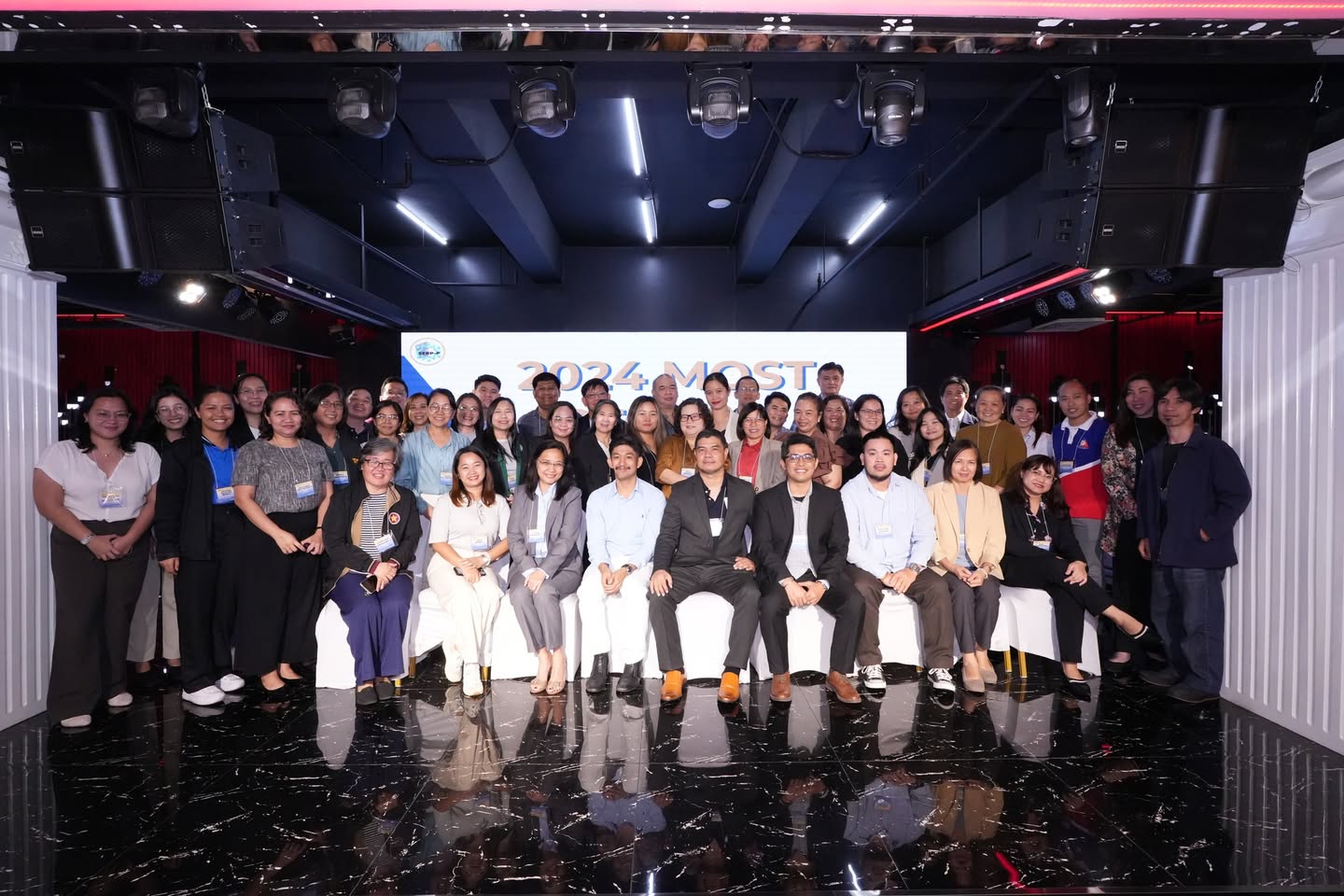Based on a survey of 97 firms in the garments, textiles, automotive, electrical and electronics, and food manufacturing industries; the paper highlights the difficulties faced by small and medium enterprises (SMEs) in accessing finance. For both firms with access to finance as well as those that did not make any finance request, financing obstacles posed as one of the top four serious problems for the growth of their businesses. The survey indicates the continued dependence of SMEs on internal sources of financing not only during the start-up phase but also to finance the current operations of the business.
Close to 41 percent of the respondents intend to expand the size and scope of their business in the next two years. Sixty-seven percent said that financing the expansion through internal funds alone is not sufficient with the same proportion of firms indicating that they would finance their expansion by making a loan request. Previous surveys also showed a substantial proportion of firms that planned to borrow in the future. However, the continuing dependence of firms on internal sources of financing seem to suggest a gap between the plans of firms to borrow and the actual amount of funding made available by banks.
SMEs particularly the smaller ones have been unable to access funds due to their limited track record, limited acceptable collateral, and inadequate financial statements and business plans. The bank survey showed that the top reasons for turning down financial requests were the firms` poor credit history, insufficient collateral, and insufficient sales, income or cash flow, unstable business type, and poor business plan.
To improve MSMEs access to finance, the paper suggests the implementation of the Central Credit Information Corporation in order to address informational asymmetries. Changing the mindsets of banks and introducing nontraditional approach to SME lending would also be important along with trainings and capacity-building programs for SMEs to improve their financial literacy and management capacity.
Citations
This publication has been cited 8 times
- Lambino, John X.. 2017. The contribution of SMEs to the local power for economic reproduction in the Philippines. Japan Social Innovation Journal, 7, no. 1, 1. University of Hyogo Institute for Policy Analysis and Social Innovation.
- Lazo, Lucita. 2015. Increasing economic opportunities of women in the APEC. Discussion Papers DP 2015-18. Philippine Institute for Development Studies.
- Pandula, Gamage. 2015. Bank finance for small and medium-sized enterprises in Sri Lanka: issues and policy reforms. Studies in Business and Economics, 10, No. 2, 32-43 . Lucian Blaga University of Sibiu.
- Semegn, Abiot Animaw and Narendra Kumar Bishnoi. 2021. Analysis of effect of microfinance on the performance of MSEs in Amhara national regional state, Ethiopia. Journal of Entrepreneurship and Innovation in Emerging Economies, vol. 30, No. 1, 153-178 . Entrepreneurship Development Institute of India.
- BusinessMirror. 2017. MSME sector getting much-needed support. BusinessMirror.
- BusinessMirror. 2023. Investree launches new AI-based credit assessment solution for resilient SMEs seeking financial sustainability. BusinessMirror.
- Santos-Recto, Vilma. 2019. House Bill 4351: An act instituting reforms to further protect and develop micro, small and medium enterprises, amending for the purpose Executive Order No. 81, otherwise known as "The 1986 Revised Charter of The Development Bank of The Philippines," as amended. House of Representatives.
- Santos-Recto, Vilma. 2016. House Bill 2169: An act instituting reforms to further protect and develop micro, small and medium enterprises, amending for the purpose Executive Order No. 81, otherwise known as 'The 1986 Revised Charter of the Development Bank of the Philippines,' as amended. House of Representatives.













